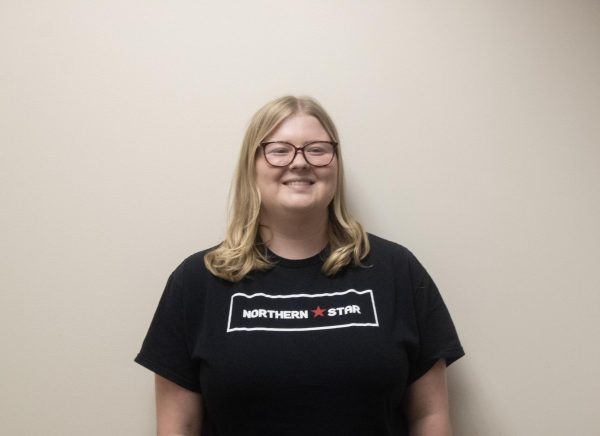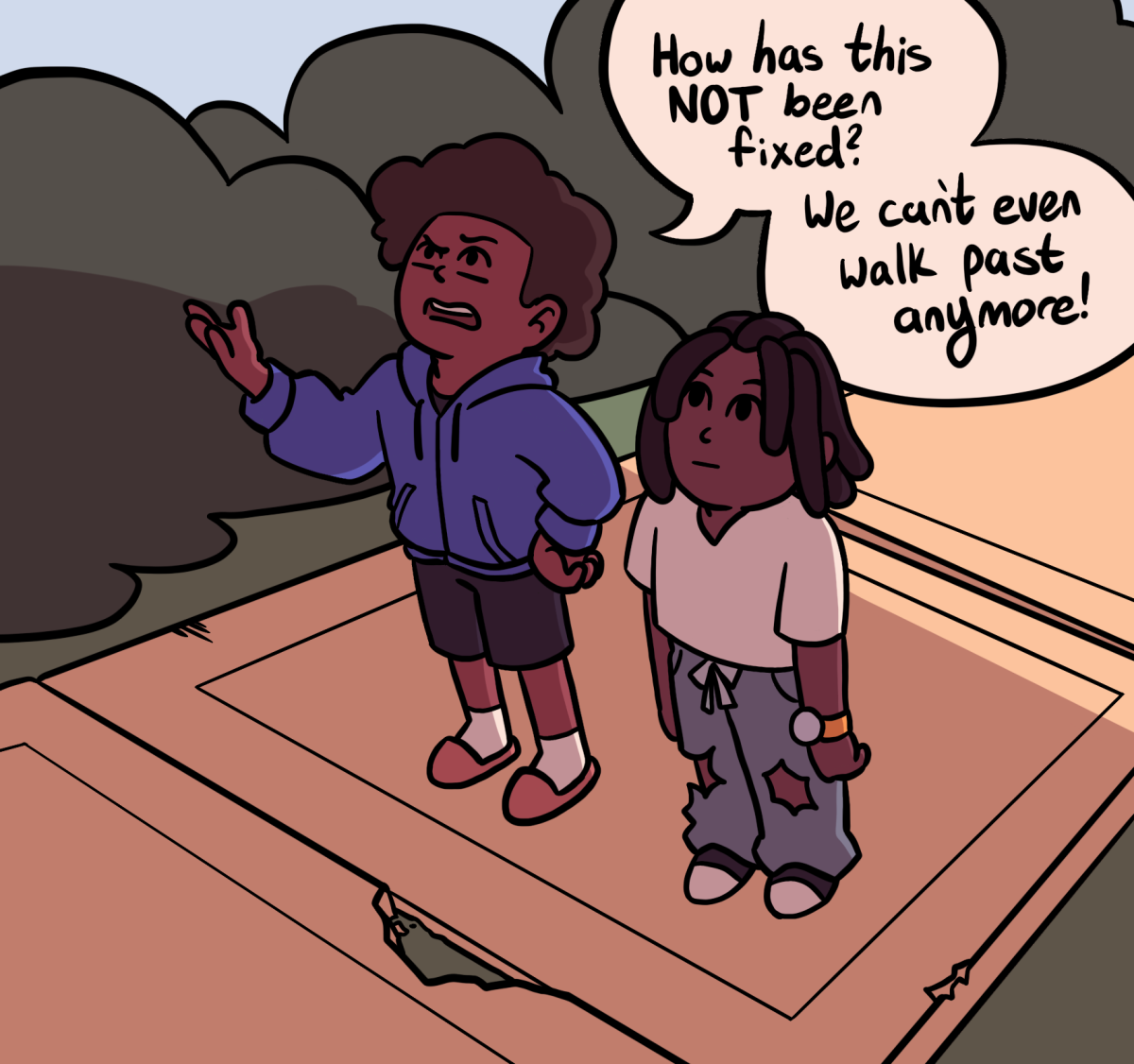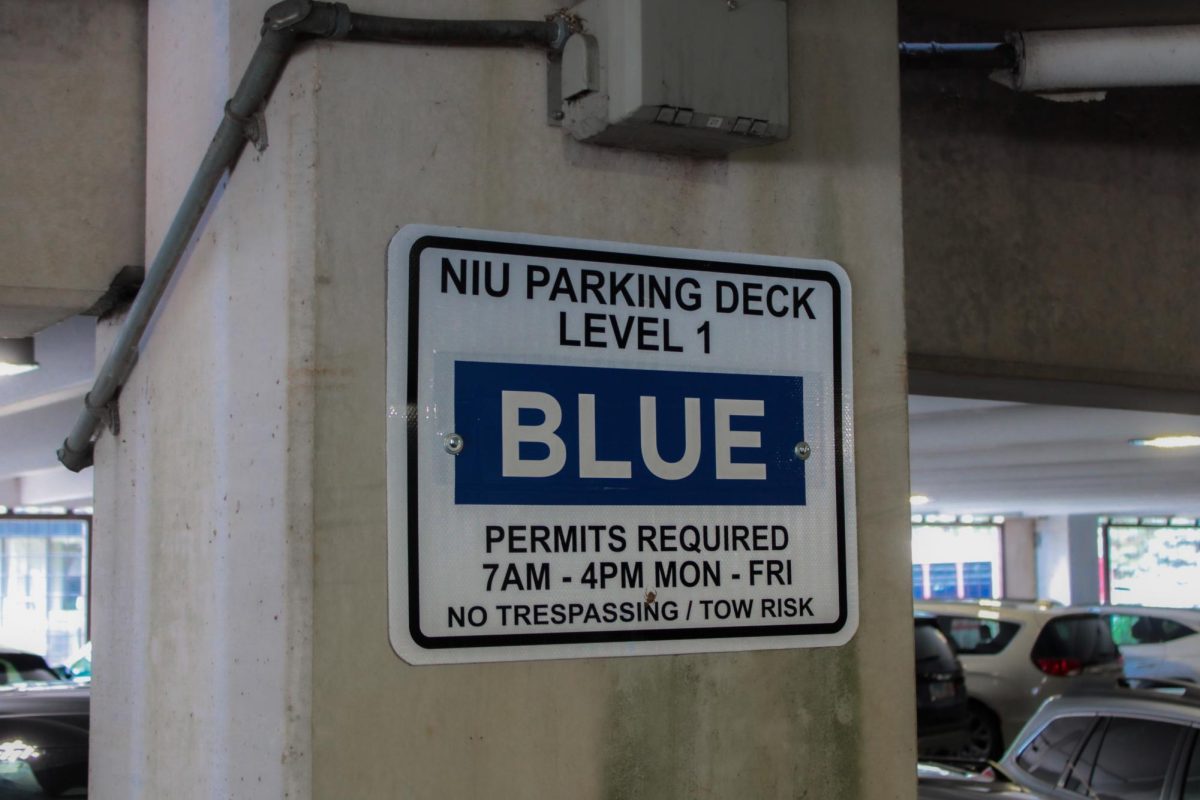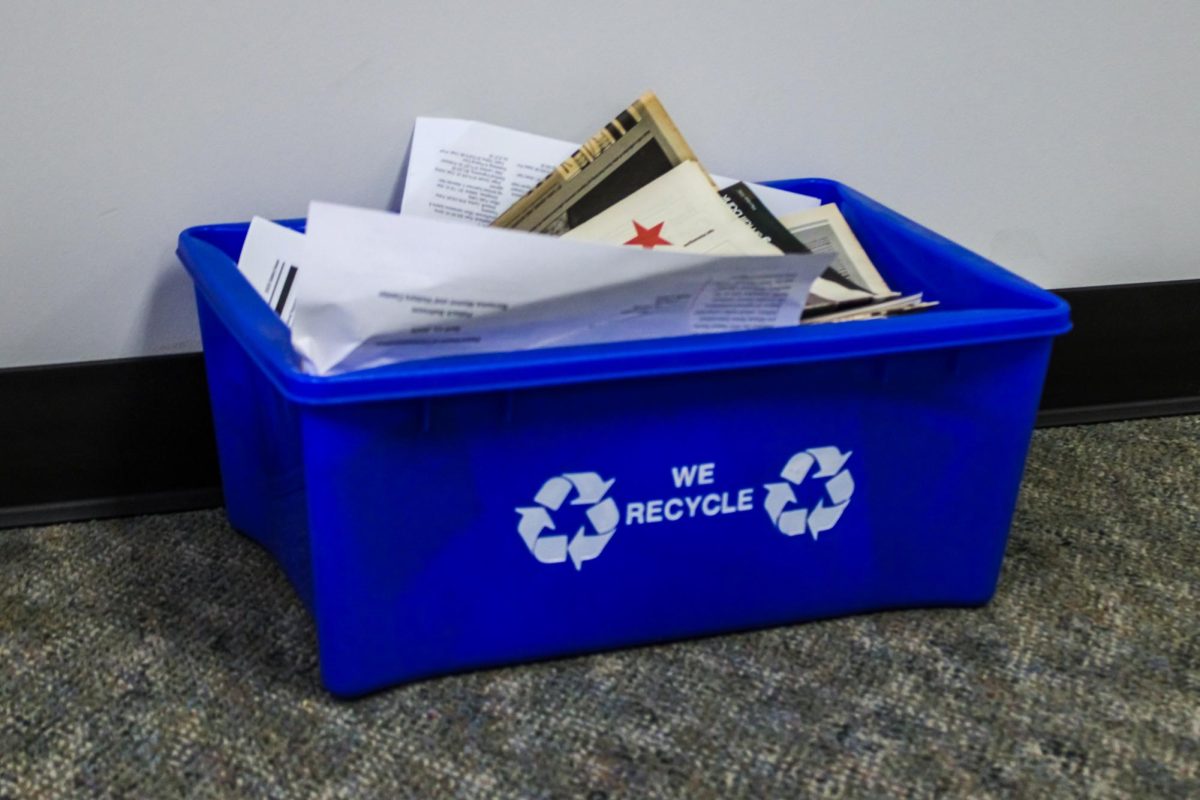Courts across America have been silent on climate change and greenhouse gases.
On Aug. 14, Kathy Seeley, a Montana judge, broke the silence, and other states should do the same.
Through her ruling, Seeley created a precedent, requiring that greenhouse gases be considered when building corporate structures.
In August, 16 young Montana citizens, between ages 2 to 18, sued the state of Montana due to a lack of consideration for greenhouse gases in their Montana Environmental Protection Act. Their concern was the government was not providing them with a safe and clean environment, as the act guarantees.
Held v. Montana created a precedent for the state’s environmental protection rulings in future cases, giving judges the responsibility to rule favorably about climate change.
James Hill, an NIU political science professor, noted there are a few miraculous aspects of the case.
“The first was the case got this far, and next we got to a ruling. Oftentimes, these cases fail for procedural reasons,” Hill said. “Secondly, the age of the plaintiffs in this case, being from 2 to 18, I believe, which was remarkable that someone that young would pursue this case. And third, the fact that they actually got a positive ruling in a state that perhaps isn’t as friendly towards climate change arguments.”
By bringing this case to the attention of state officials, Montana youths are advocating for themselves in a way that hasn’t previously been successful. Their efforts are beneficial and show younger generations that their voices matter in government.
Due to Montana’s plethora of natural resources and their lack of previous emphasis on environmental protections, the state created a perfect case for protecting the environment.
“It also sets in motion an outline for other states that might have similar constitutional provisions that might trigger others in those other states to begin state court cases there as well,” Hill said.
Due to MEPA’s vague descriptions of environmental protections, plaintiffs argued that greenhouse gases are impacting Montana’s environment and should not be ignored. MEPA is a state subset of the National Environmental Protection Act and all states have one, including Illinois.
Other states with vague Environmental Protection Acts may have the ability to help their states become more environmentally friendly.
Held v. Montana provided a favorable ruling to the plaintiff and the environment, requiring that greenhouse gases be considered when building corporate structures in Montana.
In retaliation, the Montana legislature is expected to appeal the case to the Montana Supreme Court. While the Court might overturn the ruling, this case is a big step forward for climate change in the courts.
The actions of the 16 plaintiffs are paving the way for other states to challenge their environmentally neglectful policies.
While environmental awareness and consideration are important, this case occurred in Montana.
Similarly, NIU is taking an interest in protecting the climate.
On Sept. 13, NIU President Lisa Freeman made an announcement about NIU’s Sustainability and Climate Action Plan. Unveiled in June, NIU is making informed decisions about how to help the environment by altering dining and transportation practices.
As the climate changes, universities, corporations and governments need to prioritize sustaining the environment.
“Recognizing the urgency of the climate crisis and environmental issues, we are committed to doing our part through actions that will create a more sustainable future for our campus,” according to an email sent from Freeman’s office.
Developing sustainable dining, transportation and a more environmentally aware campus will help current and future NIU and DeKalb residents.
The Sustainability and Climate Action Planning Task Force demonstrates a continual effort to receive input before making university-wide decisions.
While the plan is still in its stages, the effort shows NIU is considering its environmental footprint.
Action against climate change is imperative, and the Montana State judge and NIU show that it can be done.





















